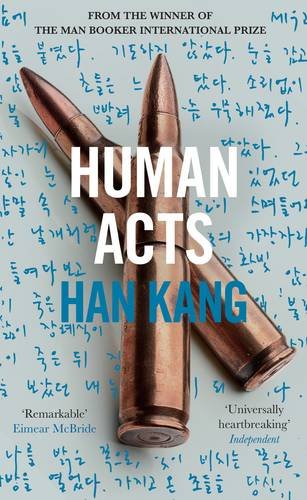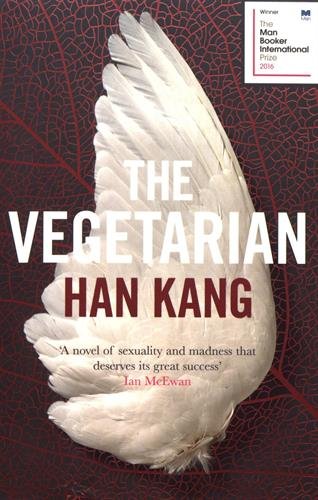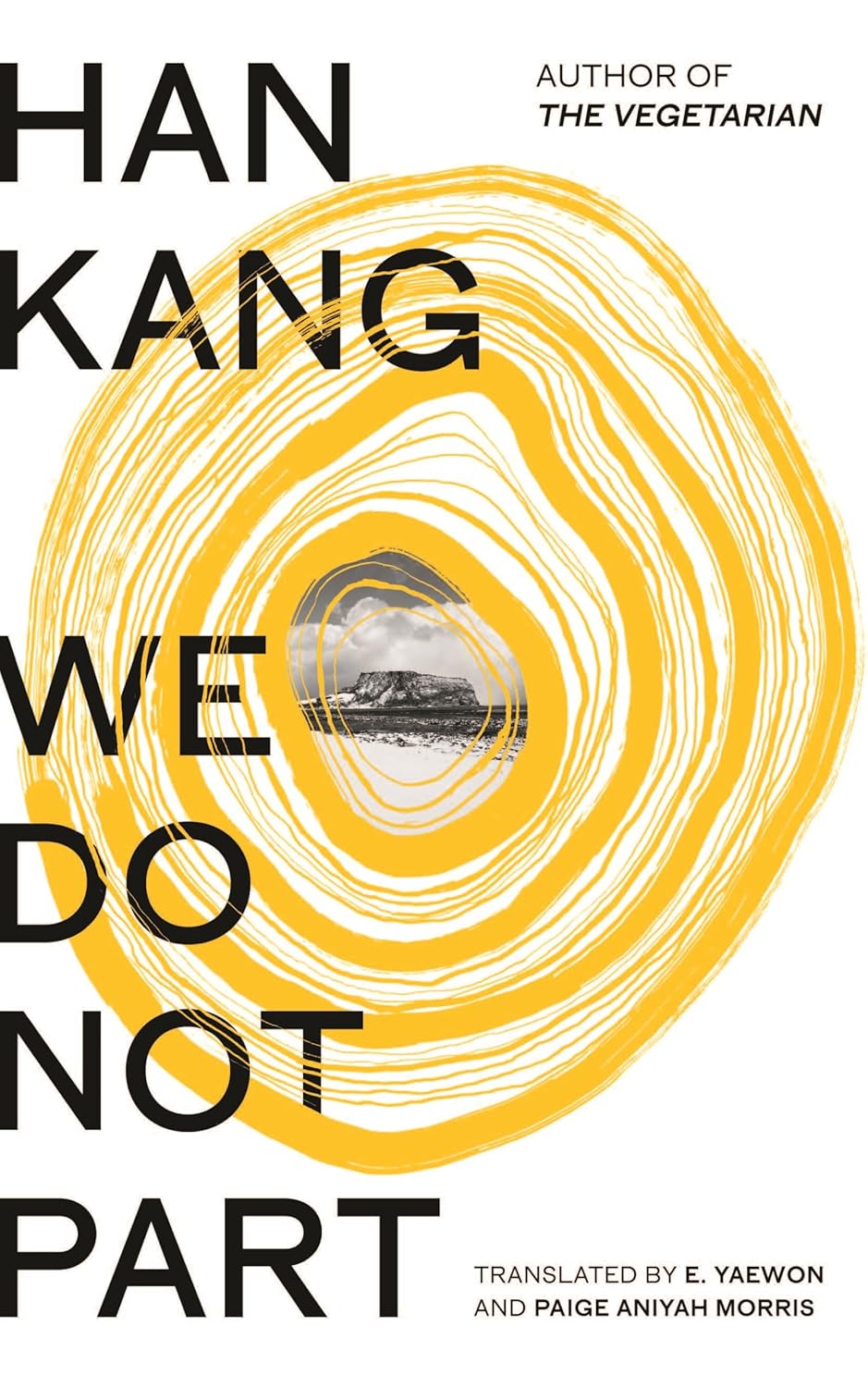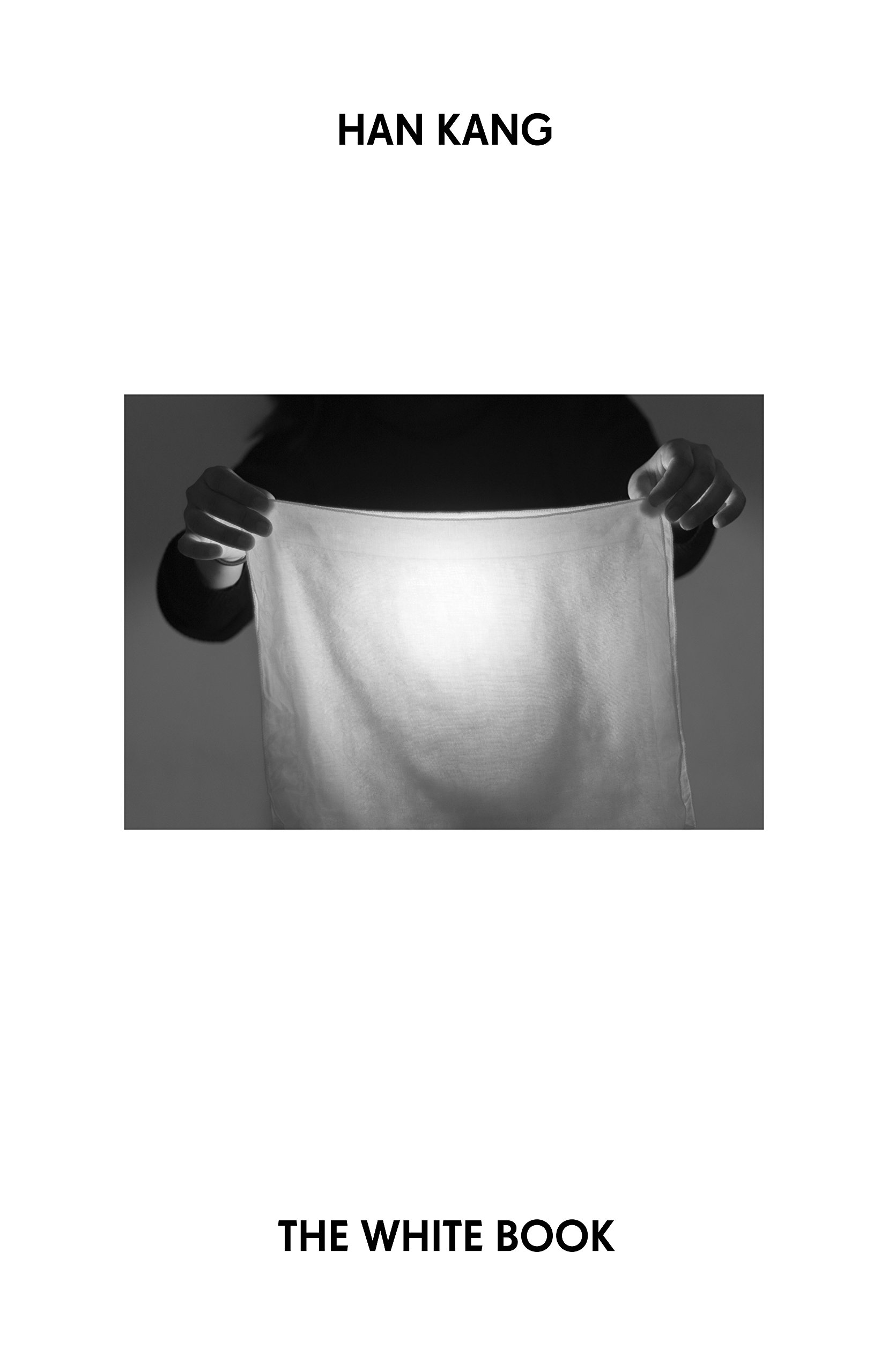Greek Lessons
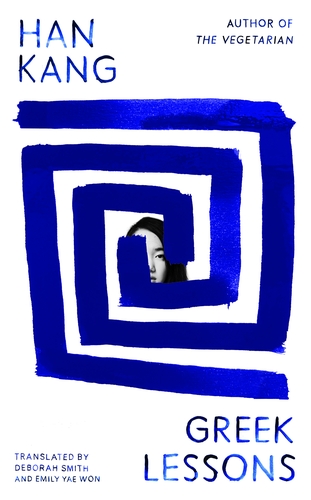
Translated into English by Deborah Smith and Emily Yae Won
Extracted in The New Yorker January 23
“Now and then, language would thrust its way into her sleep like a skewer through meat, startling her awake several times a night…”
In a classroom in Seoul, a young woman watches her Greek language teacher at the blackboard. She tries to speak but has lost her voice. Her teacher finds himself drawn to the silent woman, for day by day he is losing his sight. Soon they discover a deeper pain binds them together. For her, in the space of just a few months, she has lost both her mother and the custody battle for her nine-year-old son. For him, it’s the pain of growing up between Korea and Germany, being torn between two cultures and languages, and the fear of losing his independence.
Greek Lessons tells the story of two ordinary people brought together at a moment of private anguish—the fading light of a man losing his vision meeting the silence of a woman who has lost her language. Yet these are the very things that draw them to one another. Slowly the two discover a profound sense of unity—their voices intersecting with startling beauty, as they move from darkness to light, from silence to breath and expression. Greek Lessons is a tender love letter to human intimacy and connection—a novel to awaken the senses, one that vividly conjures the essence of what it means to be alive.
"Han Kang is a writer like no other. In a few lines, she seems to traverse the entirety of human experience"
― Katie Kitamura, author of Intimacies
"Breathtaking . . . She is simply my favourite living writer to read, and think with, and see the world with"
― Max Porter, author of Grief is a Thing with Feathers
"By turns love letter to and critique of language itself, Greek Lessons is a brief yet, in its concision and finesse, lapidary work . . . one of Han's most intimate works"
― Financial Times
"In Greek Lessons Kang reaches beyond the usual senses to translate the unspeakable . . . Han Kang turns the well-worn idea of the mind-body disconnect into something fresh and substantial"
― Los Angeles Times
"This novel is a celebration of the ineffable trust to be found in sharing language . . . [Han] is an astute chronicler of unusual, insubordinate women"
― The New York Times
"Han Kang's vivid and at times violent storytelling will wake up even the most jaded of literary palates"
― Independent
"An elliptical, enigmatic book . . . Han's style creates mystery"
― The Economist
"Han Kang's hypnotic Greek Lessons probes the limits of language"
― The Straits Times
"Han Kang is what most writers spend their lives trying to be: a fearless, unsentimental teller of human truths . . . Han Kang is a genius"
― Lisa McInerney, author of The Glorious Heresies
"Another stunning gem: quiet, sharply faceted, and devastating"
― Kirkus (starred review)
“Brilliant, shimmering . . . Once again, Kang demonstrates great visionary power.”
— Publishers Weekly (starred review)
“[A] haunting exploration of tentative possibilities and yearned-for connections.”
— Booklist (starred review)
“Hypnotic . . . Kang is one of the most unconventional, perceptive and truly innovative writers publishing today.”
— San Francisco Chronicle
“Cerebral and sensuous . . . I was so stirred I had to step away every few chapters only to return a day or two later, as though pulled by a magnet . . . I was left in awe.”
— The Boston Globe
“Stirring . . . quietly beautiful.”
— Time
“A woman’s extreme protest against the horrors of the human condition . . . touching [and] sympathetic.”
— The Wall Street Journal
“A quiet, lovely meditation on language and disability . . . a story of the quiet violence of grief, the gaps language can and cannot bridge, and the necessity of communication and connection.”
— Buzzfeed
“Evocative and elliptical.”
—The Washington Post
“Suffused with crackling sensory imagery that emphasizes our ties to the world.”
— Minneapolis Star Tribune
“An incredible meditation on one woman’s abdication of language after she can no longer tolerate a world where violence is rooted even in speech.”
— Cathy Park Hong, author of Minor Feelings
“A love letter to language, learning, and the hope of connection. It is about the mind and the body, our thoughts and our senses—about what it means to be a person in the world.”
— Julia Phillips, author of Disappearing Earth
“Reading a Han Kang book is a pleasure like no other. Both poetic and deeply philosophical, Greek Lessons is a beautiful, haunting story about the fragility and power of human connection. I can’t stop thinking about it, and I don’t want to.”
— Angie Kim, author of Miracle Creek and Happiness Falls
